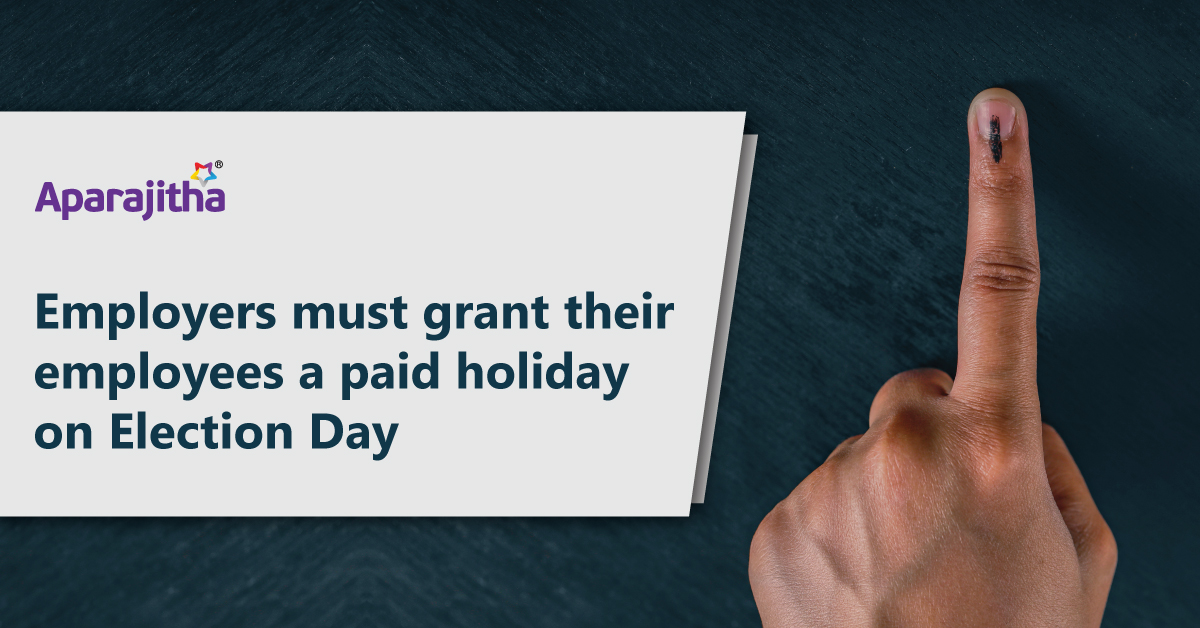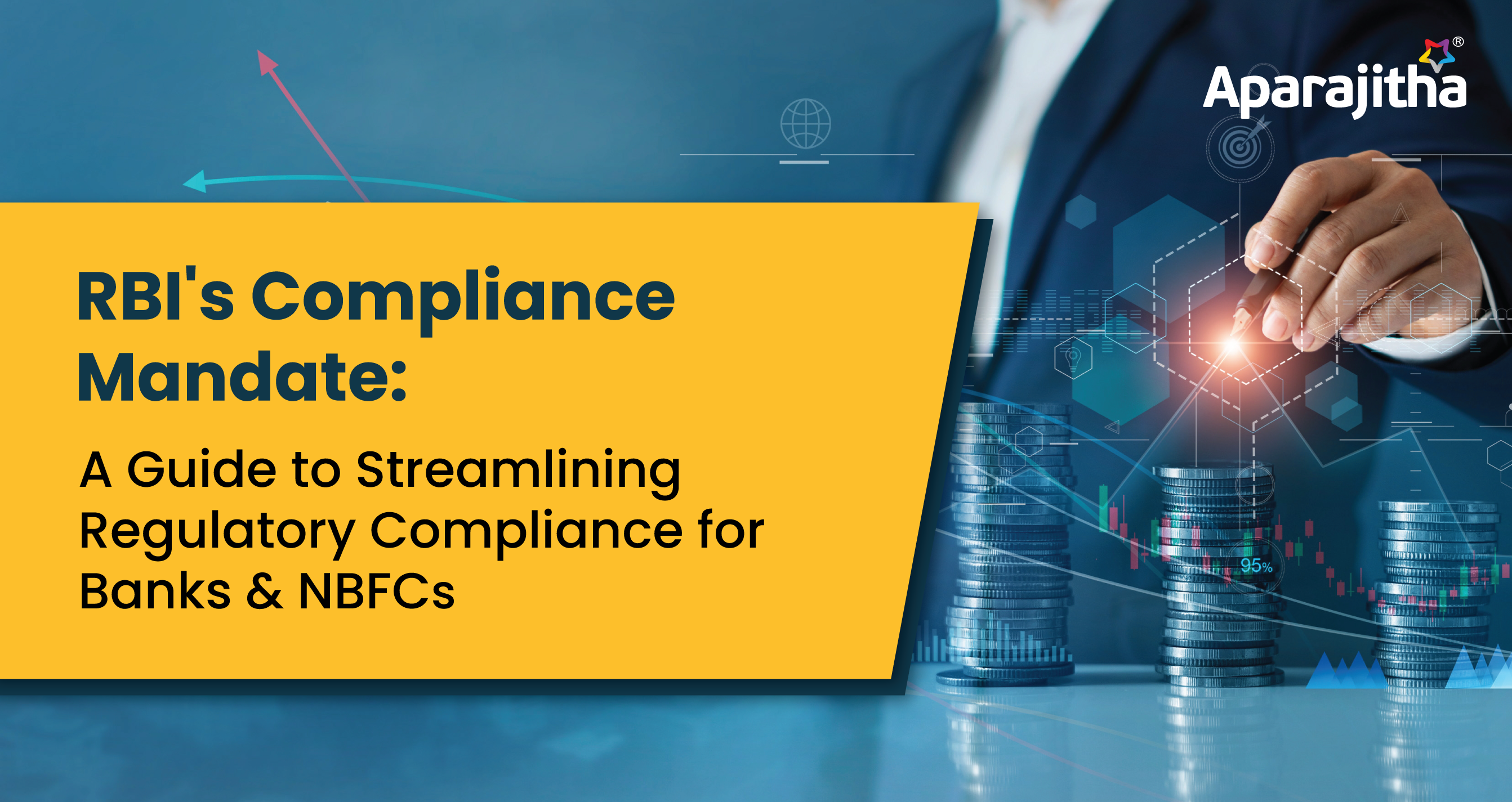The term ‘wages’ has not been defined in The Contract Labour ( Regulation & Abolition ) Act. Sec 2(h) gives a direction to have the meaning assigned to it in clause (vi) of Sec 2 of the Payment of Wages Act. As per the said section:-
“ ‘wages’ means all remuneration (whether by way of salary, allowances or otherwise) expressed in terms of money or capable of being so expressed which would, if the terms of employment, express or implied, were fulfilled, be payable to a person employed in respect of his employment or of work done in such employment, and includes–
(a) not relevant
(b) not relevant
(c) not relevant
(d) any sum which by reason of the termination of employment of the person employed is payable under any law, contract or instrument which provides for the payment of such sum, whether with or without deductions but does not provide for the time within which the payment is to be made;
(e) not relevant
but does not include —
(1) not relevant
(2) not relevant
(3) not relevant
(4) not relevant
(5) not relevant
(6) any gratuity payable on the termination of employment in cases other than those specified in sub-clause (d)”
The question arises whether the gratuity payable under the Payment of Gratuity Act would fall under clause (d) or clause (6). If it is covered in clause (d), it would be ‘wages’ otherwise not. This question was addressed by Hon’ble Madras High Court in Madras Fertilizers Limited Vs Controlling Authority under Payment of Gratuity Act and Others 2003 LLR 244. After going through the facts placed before it and after listening to the counsels on both the sides, the court came to a conclusion that any sum payable on termination of employment of a person under the Payment of Gratuity Act would be covered by clause (d). Therefore, such a payment would be ‘wages’. And once this construction is accepted, it will be the basic responsibility of the Principal Employer under Sec 21(4) of the Contract Labour Act to make the payment of gratuity amend of course, the Principal Employer can recover it from the Contractor as the initial responsibility lies with the Contractor.
While there are contrasting judgements by other High Courts, there seems to be no ruling which is in line with that of Madras High Court’s.
Now, Sec 2(y) of the Code on Wages, 2019 reads as follows :
“ ‘wages’ means all remuneration whether by way of salary, allowances or otherwise, expressed in terms of money or capable of being so expressed which would, if the terms of employment, express or implied, were fulfilled, be payable to a person employed in respect of his employment or of work done in such employment, and includes,—
(i) basic pay; (ii) dearness allowance; and (iii) retaining allowance, if any,
but does not include––
(a) any bonus payable under any law for the time being in force, which does not form part of the remuneration payable under the terms of employment;
(b) the value of any house-accommodation, or of the supply of light, water, medical attendance or other amenity or of any service excluded from the computation of wages by a general or special order of the appropriate Government;
(c) any contribution paid by the employer to any pension or provident fund, and the interest which may have accrued thereon;
(d) any conveyance allowance or the value of any travelling concession;
(e) any sum paid to the employed person to defray special expenses entailed on him by the nature of his employment;
(f) house rent allowance;
(g) remuneration payable under any award or settlement between the parties or order of a court or Tribunal;
(h) any overtime allowance
(i) any commission payable to the employee;
(j) any gratuity payable on the termination of employment;
(k) any retrenchment compensation or other retirement benefit payable to the employee or any ex gratia payment made to him on the termination of employment:
Provided that, for calculating the wages under this clause, if payments made by the employer to the employee under clauses (a) to (i) exceeds one-half, or such other per cent, as may be notified by the Central Government, of the all remuneration calculated under this clause, the amount which exceeds such one-half, or the per cent so notified, shall be deemed as remuneration and shall be accordingly added in wages under this clause:
Provided further that for the purpose of equal wages to all genders and for the purpose of payment of wages, the emoluments specified in clauses (d), (f), (g) and (h) shall be taken for computation of wage.
Explanation.––Where an employee is given in lieu of the whole or part of the wages payable to him, any remuneration in kind by his employer, the value of such remuneration in kind which does not exceed fifteen per cent. of the total wages payable to him, shall be deemed to form part of the wages of such employee; ”
This consolidated definition which will have application ( notification on date of commencement awaited ) for four areas including ‘payment of wages’ does not have ‘gratuity’ in its inclusive part like the erstwhile clause (d) of Sec 2(vi). On the contrary, there exists clause (j) in the exclusion part which corresponds to clause (6) of Sec 2(vi). Therefore, once the new 2(y) comes into force, any sum payable on termination of the employment of a person under the Payment of Gratuity Act could not be considered as ‘wages’. As ‘gratuity’ is no more ‘wages’, Sec 21(4) of the Contract Labour Act could not be invoked. To put it simple, even if the contractor fails to pay gratuity to his workers, the liability will not pass on to the principal employer. Sec 2(y) shall mutatis mutandis nullify the ruling of Madras High Court in Madras Fertilizers Limited case!!!
K VARADAN, CHIEF CONSULTATION OFFICER, APARAJITHA CORPORATE SERVICES (P) LTD.




